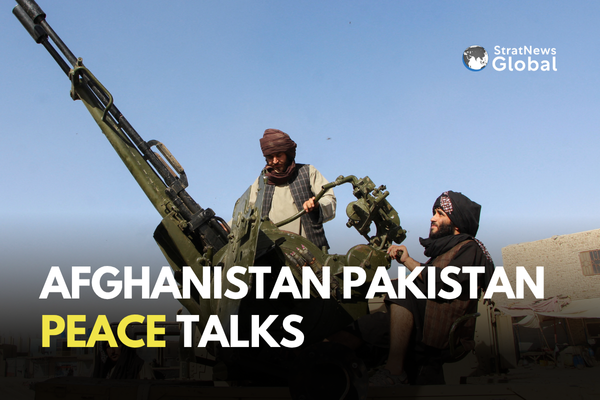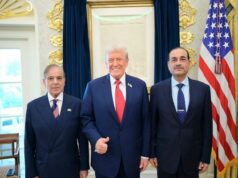Afghanistan and Pakistan will restart peace negotiations in Istanbul on Thursday, officials from both countries confirmed, following a previous round that ended without progress toward a lasting truce.
Renewed Effort To End Border Clashes
Tensions have escalated between the neighbouring South Asian nations after deadly clashes last month left dozens dead—the worst violence since the Taliban regained control of Kabul in 2021. Both sides agreed to a ceasefire in Doha on 19 October, but talks in Istanbul last week failed to produce a long-term peace deal. The main sticking point remains militant groups based in Afghanistan that Pakistan says are attacking its forces.
“We hope that wisdom prevails and peace is restored in the region,” Pakistan’s Defence Minister Khawaja Asif told reporters on Wednesday. He said Islamabad’s sole aim in the talks is to persuade Afghanistan to curb militants launching cross-border assaults, allegedly with the Taliban’s awareness.
Two government sources confirmed that Asim Malik, head of Pakistan’s military intelligence, will lead Islamabad’s delegation. The Taliban’s intelligence chief, Abdul Haq Wasiq, will represent Afghanistan, according to Taliban spokesperson Zabihullah Mujahid.
Long-Standing Frictions Between Neighbours
While Pakistan once maintained close ties with the Taliban, relations have soured in recent years. Islamabad accuses the Taliban government of sheltering the Pakistani Taliban, a separate militant group that has fought repeatedly against Pakistani forces. Kabul denies the accusation, saying it does not control the group’s actions.
The latest clashes were triggered after Pakistani airstrikes in early October targeted areas around Kabul, reportedly in pursuit of the Pakistani Taliban’s leadership. In response, the Taliban launched attacks on Pakistani military posts along the 2,600-kilometre frontier, forcing the closure of trade routes.
Hopes for De-escalation
Despite the ceasefire, violence has continued, with casualties reported on both sides. The renewed talks in Istanbul aim to prevent further escalation and to rebuild diplomatic and security cooperation between the two countries.
Observers say that while both governments appear keen to avoid a wider conflict, mistrust remains high, particularly over cross-border militant activity.
(with inputs from Reuters)





